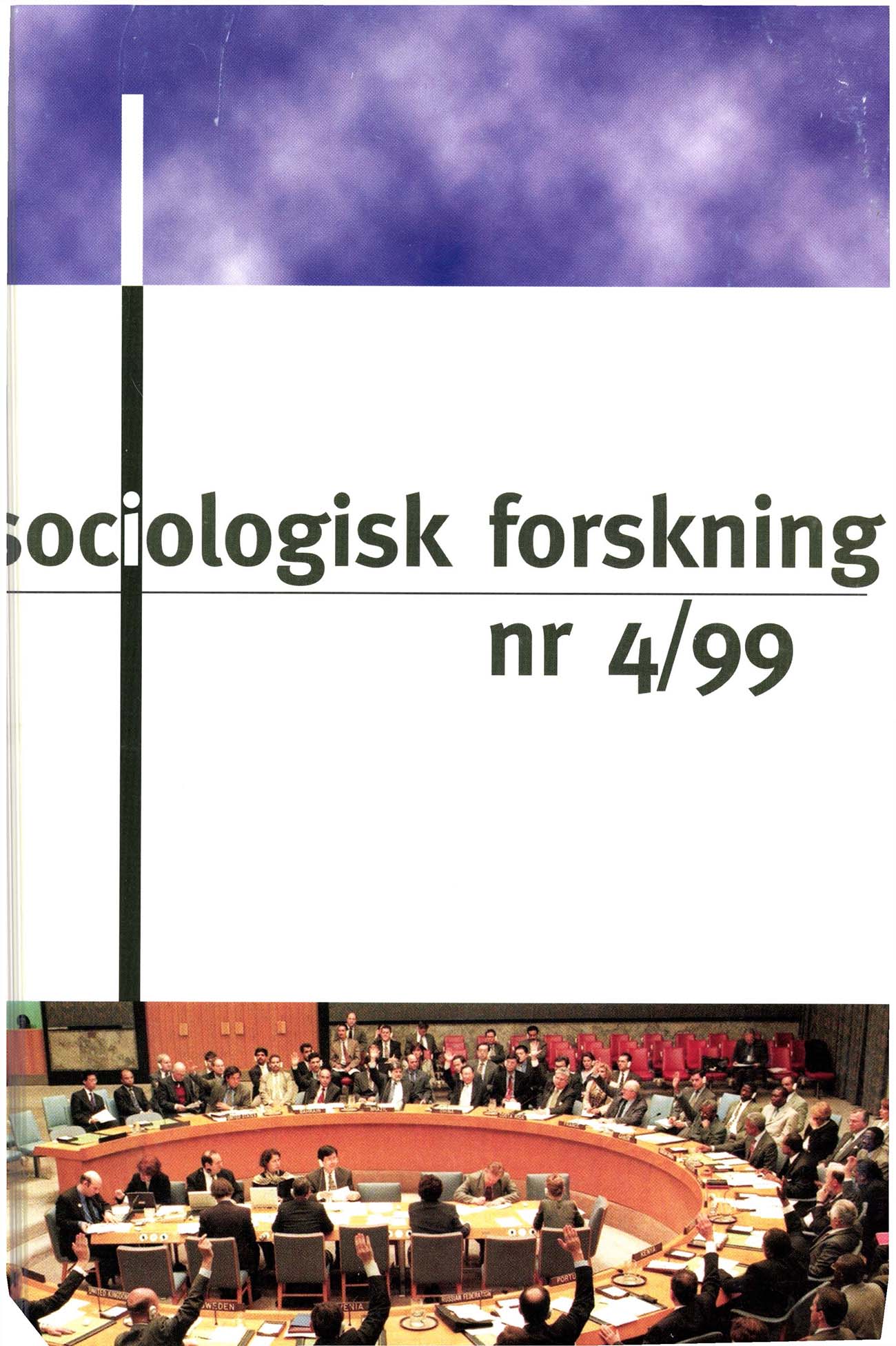Att skiljas är att dö en smula...
Skilsmässa och psykisk ohälsa hos svenska kvinnor och män
DOI:
https://doi.org/10.37062/sf.36.18497Keywords:
divorce, psychological well-being, SwedenAbstract
In this paper data from the 1981 and 1991 Swedish Level of Living Surveys is used to analyze any impact of divorce on the individual’s psychological wellbeing. The longitudinal structure of the data set makes it possible to follow respondents, and any change in their civil status, over time. Respondents are categorized into three family types: 1) Intact couple (those who continued living with the same partner during the period 1981-1991), 2) Remarried (those who divorced or separated and were living with a new partner in 1991), and 3) Divorced (the divorced and separated who were living alone in 1991). The results do, in fact, reveal that divorcees, both female and male, reported a lower psychological well-being in 1991 than their married and cohabiting counterparts. This is only to a very limited extent due to divorcees having a lower well-being already before the divorce (in 1981) and the difference in well-being cannot be entirely explained by other factors (such as income or access to social support) either.
Downloads
Published
How to Cite
Issue
Section
License
All content in Sociologisk Forskning is published with immediate open access, under the Creative Commons license CC BY-NC-ND 4.0.
All content may be read, downloaded, shared and printed for non-commercial purposes, free and without fees. Contents may not be altered. When content is reused, author, source and a link to the copyright licence must be provided. The author retains copyright to their content. No publication fees are charged.





